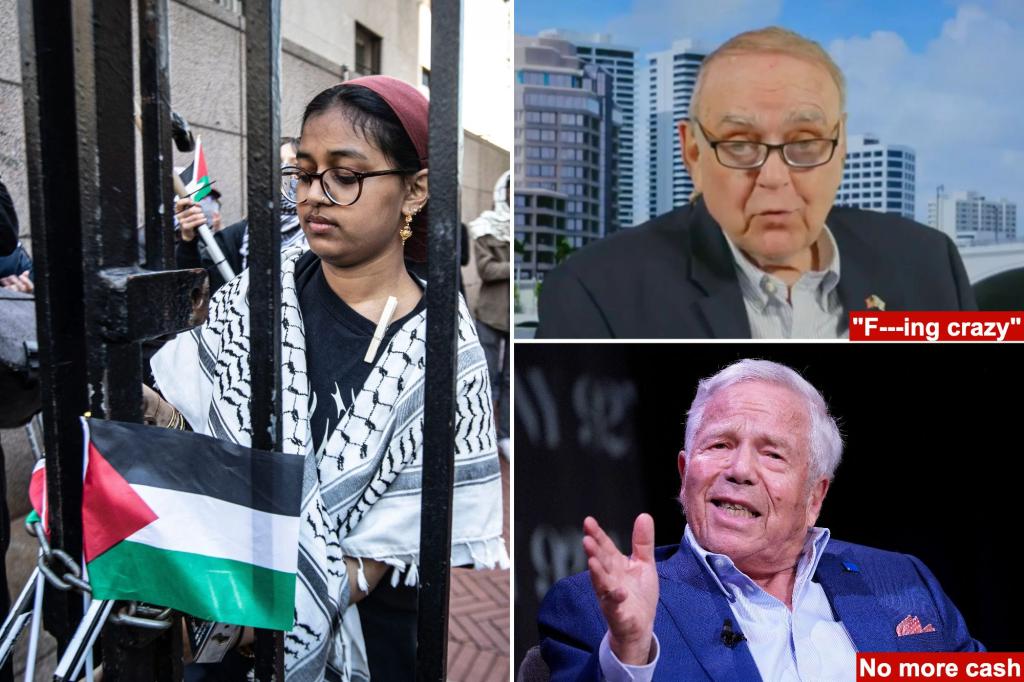The statement involves a substantive engagement with public issues, specifically addressing the actions of billionaires in response to university protests related to international politics. It touches upon the intersection of private funding, academic freedom, and political activism.
- The statement may indirectly harm individuals or groups by labeling protestors with a derogatory term, potentially escalating tensions. [-1]Principle 1:I will strive to do no harm with my words and actions.
- The use of derogatory language ('f—ing crazy') does not respect the dignity of those involved in the protests, reducing the respectfulness of the discourse. [-2]Principle 2:I will respect the privacy and dignity of others and will not engage in cyberbullying, harassment, or hate speech.
- The statement does not promote understanding or compassion; instead, it polarizes by using harsh language to describe a group. [-1]Principle 3:I will use my words and actions to promote understanding, empathy, and compassion.
- The statement does not engage in constructive criticism or dialogue; it uses dismissive language that shuts down conversation. [-2]Principle 4:I will engage in constructive criticism and dialogue with those in disagreement and will not engage in personal attacks or ad hominem arguments.
- There is no indication of an effort to correct or contextualize the harsh language used, which could be seen as a mistake in public discourse. [-1]Principle 5:I will acknowledge and correct my mistakes.
- The influence of prominent individuals is used here to make a strong statement against a group, which may not necessarily contribute positively to society in this context. [-1]Principle 6:I will use my influence for the betterment of society.
- The statement does use the platform to address a public issue, but it may not be doing so with the integrity and responsibility expected in a balanced discourse.Principle 7:I will uphold the principles of free speech and use my platform responsibly and with integrity.
